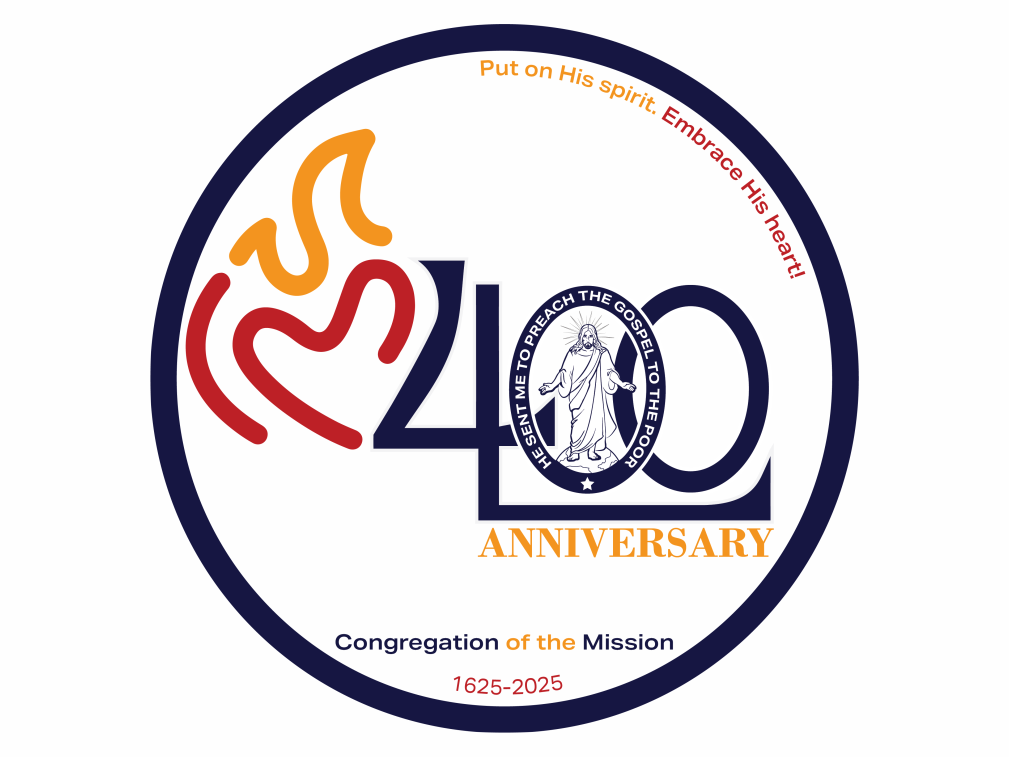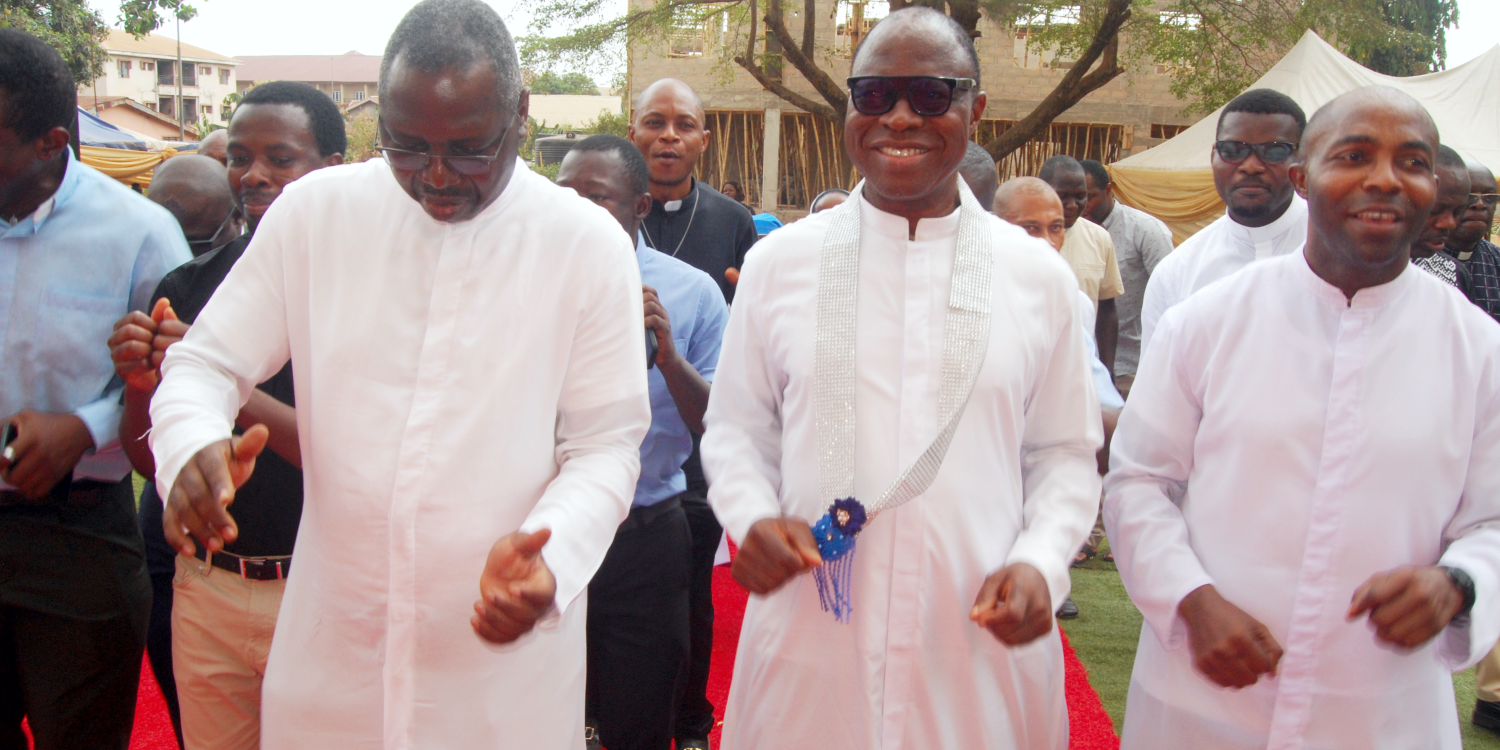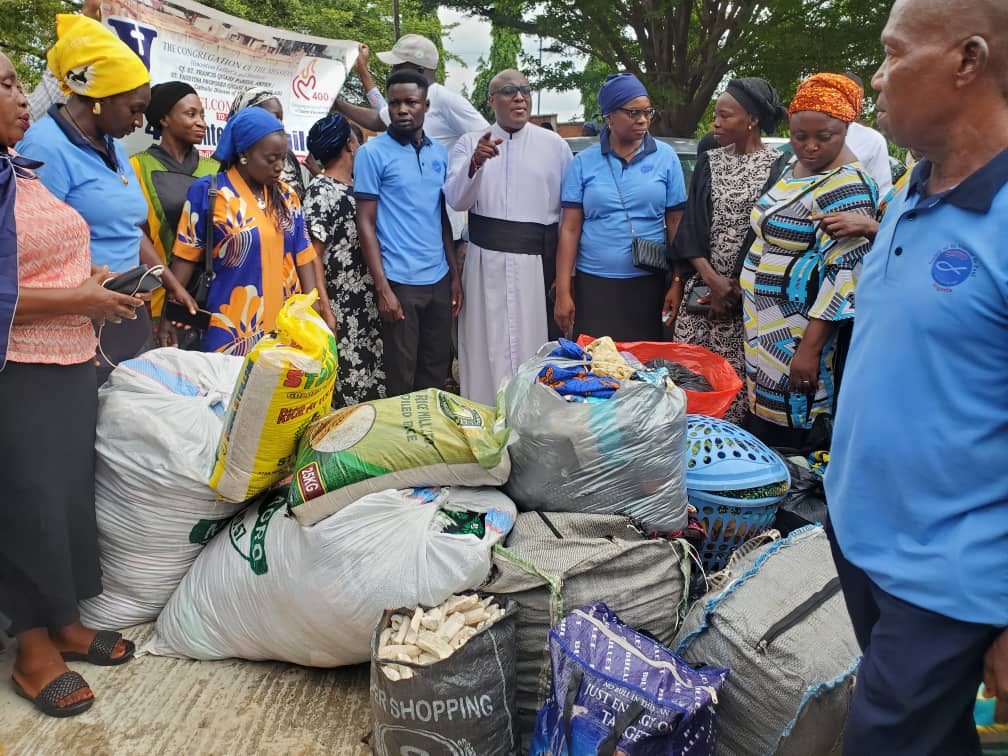
CALL FOR THE REVITALIZATION OF OUR IDENTITY IN THE USE OF CARS IN THE LOCAL COMMUNITIES/PROVINCE
The image of a community that is in my head is that of a family. A good family has a natural and supernatural bond between the members. In a normal family, members are at home with one another. There is a natural kind of freedom that no one struggle for in the family, but it is present. This is a freedom that is born out of respect for one another. There are unwritten laws of love in the family. So many activities are done in a natural way. Things are shared in common and with joy.
Each person in a family has his or her own role to play for the common good of it. The father of the family has a leadership role and that role is important for the unity of the family. In our own case, the Local Superior has the role of a father in the Local Community. He animates the local community by ensuring that the members live according to the charism and spirituality of the Little Company.
SENSE OF BELONGING TO THE CONGREGATION
The sense of belonging to the Congregation of the Mission is an important topic to be looked into in another occasion, but suffice it to note the following:
Our belonging to this Company is based on certain written agreements. We agreed to be together in Community and to share what we have in common. One of the principal elements of our way of living and acting is: “Holding our goods in common, after the mind of St. Vincent, and sharing them willingly. In this way our life becomes truly a community of friendship, work, prayer, and goods” (C. 25, 4).
Our Constitutions say, “It is the gift of ourselves and of all that we have that will truly make us present to the Community” (C. 22). Flowing from this statement, it might be good to ask myself, “Am present or absent to the Community?” Where is my primary place of belonging? Here or there? The underlining word is Primary. Am I looking forward to getting to where I really belong or is my Community my primary place of belonging?
We agreed to commit ourselves to vows and the implications of the vows are very clear to every member thanks to our common formation and common interpretation of our laws. When one constantly goes against these things that bind us together, it means that such a person is finding it difficult to belong to the group. He is not making a total gift of himself. He does what true members do not do and insists that he must be a member. In this case, his understanding of what it means to belong is just to be register in the group. During the Visitors’ meeting we were told that 6 out of 10 confreres are leaving the Company annually to incardinate in different dioceses of their choice or to get married. This is not a good news, but the beautiful thing is to leave when one knows that he is no longer belonging to the group. There is no need of being and not being at the same time.
We are invited to be making honest effort to have the inclusive mentality in our relationship with each member of the community. Exclusive relationship is against the spirit of communion spirituality that guides the aggregation of the children of God as consecrated men. No member should feel excluded from other confreres by virtue of his age, class or tribe. Exclusion destroys the sense of belonging. Sometimes two or three confreres are too close to one another and they feel that they truly belong to the large group. I know that we relate with one another at different levels, but such should not be too pronounced to exclude other confreres from such an inner group. How much of your secrets must you hide from your brothers?
COMMUNITY CAR
The practice in this Province when I joined in the 80s is that each Local Community has a Community Car. The key of this car or the keys of the cars where the community has more than one car are hung on a key board known to the confreres. The permission to use the Community Car is granted or rejected by the Local Superior based on right judgment arising from the actual needs of the Community. When permitted to use the Community’s car, the superior knows where the confrere is going with the car and when he is coming back. The number of days the car is permitted to be used by a confrere is determined by the local superior depending on the needs of the Community and that of other confreres of the Community. The Community Car is fueled from the Community’s purse.
Again, it is a written in the Province as we shall see below that a confrere on transfer does not transfer the car he is currently using in the immediate apostolate to the new one. So cars belong to the local communities and not to the individual confreres.
At a point, confreres began to receive cars at ordination which the Regional Superior then can permit the confrere to use or it can be taken away from the confrere and given to an apostolate that has the greater need of such a car.
The problem now is that some confreres are not able to receive car at ordination for various reasons. In some communities now, there are confreres who do not have car while some enjoy their private car or even cars. The sad thing is that some of those who have car or cars find it difficult to lend their car to a confrere who does not have a car. They found themselves on bikes or in any other kind of public transport.
As it stands today, one can say that our use or ownership of cars in the Province is not guided by our rules. Confreres have become so individualistic and so possessive of cars that one does not know which car belongs to the community and allowed in the Province and the ones that are not. A Community of five confreres, for example, attends functions in the diocese or elsewhere each using his own private car. This blurs our identity and says a lot to those who look up to us model of community/family life. Where is our fraternal spirit? In this way, we also waste the money that belongs to the poor in buying fuel for each of the cars.
I am convinced that the revitalization of our identity, following the primitive spirit of the Little Company, which our 400th anniversary calls for, must touch all areas of our life as Vincentians in the Nigerian Province.
I want to call our attention to the existing laws on the use of cars in our Province as recorded in our current Provincial Norms: CHAPTER II – VINCENTIAN SPIRITUALITY AND COMMUNITY LIFE, PART TWO: COMMUNITY LIFE
12 (a) All motor vehicles given to Confreres for the mission belong to the Congregation
(b) All other vehicles, received as gifts by Confreres, require the permission of the Visitor with the consent of his Council for use.
13 (a) Each Local Community is responsible for the use and maintenance of community vehicles.
(b) All other vehicles received as gifts by the confreres, require the permission of the Visitor with the consent of his Council for use or alienation.
14 When a member is transferred from one house to another, the motor vehicle used by him and belonging to the Congregation remains in the house of departure, unless otherwise authorized by the Visitor and his Council.
These laws are meant to guide us and if followed will solve our problems with regards to the use and ownership of cars in the Province.
Following all that we have read above, I wish to call your attention to the following:
The car which you are using now belongs to the Congregation of the Mission, Province of Nigeria.
The cars in the Local Community are under the care of the Local Superiors. I advise you to select the best of the cars in your Local Community and keep it for long journeys. Use the ones that are getting weak and old for short distances. It is the practice of our Congregation that confreres should ask for permission to travel from their Local Superiors. This permission could be granted or rejected by the superior who is believed to be acting in good faith. Anyone travelling outside of the Province beyond the territorial areas of Nigeria or that of the country where you are working should get permission from the Visitor.
It is for the Local Superior of each Local Community to decide if a car should be attached to an individual confrere for particular reason.
No confrere should sell, give away or replace the car that he is using now without the permission of the Local Superior and the Visitor. It is wrong to decide on your own to go and buy a new car without permission. Cars are to be acquired according to the needs of the Local Communities.
Any confrere having more than one car should get permission from the Visitor before keeping such cars in any of our Local Communities. Charity demands that anyone who is in possession of two or more cars in the Province should keep one for his Local Community and return the other ones to the Provincial headquarters which the Visitor gives to Communities that are in most need of them. Our Statutes say the following: “The Congregation should conscientiously reflect on, wholeheartedly embrace, and faithfully and firmly practice the following principles: 1) a unanimous effort to restore that simplicity of life-style which, by example more than by words, and in the name of the poverty of Christ, contends against the avarice which arises from an affluent society, and against a greed for wealth which is ruining almost the whole world (cf. CR III, 1); 2) an effective care to use its goods to promote social justice; 3) the alienation of superfluous goods in favour of the poor” (S. 103).
Our language as Vincentians is Community car and not my car. Is wrong to say that no confrere owes a car? Cars are owned by the Community and confreres use them for mission on the permission of a competent authority. I remember when we were writing on our books (AU = Authorized to Use).
Any car that is borrowed and is being used in the Province, can only be used with the permission of the Local Superior and the Visitor or the car should be taken back to its rightful owner.
These are not new laws, but steps toward putting into practice the existing laws.






